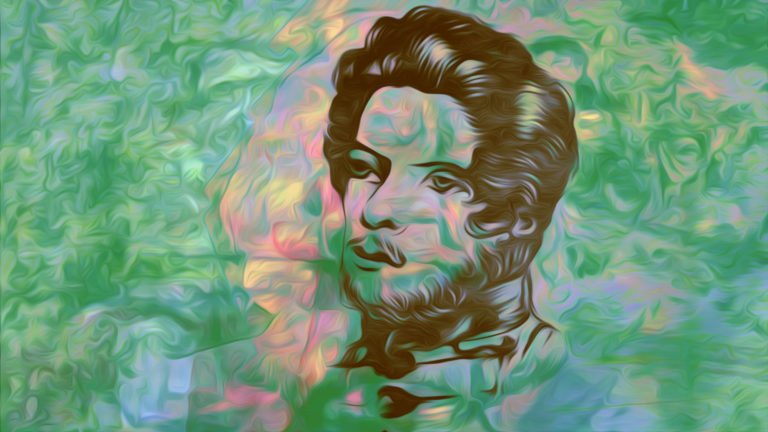This article juxtaposes Marx’s critique of capitalism with recent developments in affect theory. My central argument is that a critique of the tension of capitalist affect is fundamental to a Marxian account of capital: on the one hand, capitalism amplifies the potential affective capacity of bodies through its development and organization of productive forces; on the other, it captures this increase to enrich the bourgeoisie, immiserate the proletariat, and reproduce capitalism. I also sketch the ways that an affective interpretation can provide insight into anti-capitalism resistance and post-capitalist life within Marx’s theoretical and philosophical project. Ultimately, reading Marx’s critique of capitalism for its resonances with Deleuzean-Spinozan affect theory not only generates a newfound apprehension of the affective register of that critique, but also adds to the critical repertoire of affect theory.
Keyword: Gilles Deluze
The Best of All Possible Ends of the World: An Interview with Andrew Culp
Dark Deleuze (University of Minnesota Press, 2016) appears as an anomaly in English Deleuze scholarship. Andrew Culp contrasts Deleuze as a thinker of positivity who constantly demands we find “reasons to believe in this world” with a Deleuze of dark negativity. In doing so, Culp offers an alternative Deleuze in a time where powerful forces from Buzzfeed to the IDF seek to appropriate Deleuze’s thought. The Dark Deleuze speaks of destructive negativity, hatred for this world, and the shame of being human. All of these ideas are pit against “the canon of joy” that would have us relentlessly celebrate the new, affirm the present, and give in to compulsory positivity. Culp makes a powerful case that, contrary to what one might expect, it is precisely the positivity that lies at the heart of both liberal and accelerationist readings of Deleuze.

